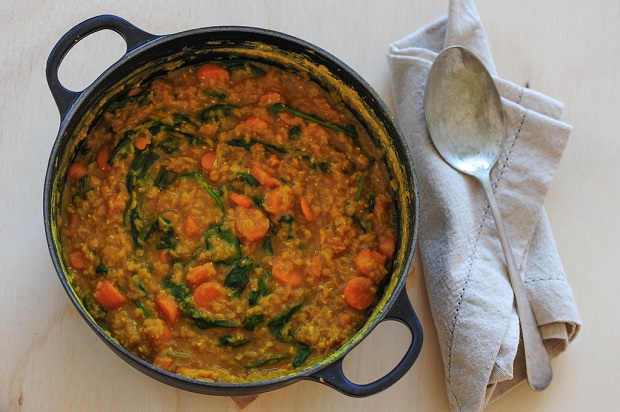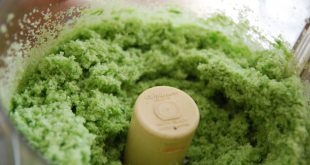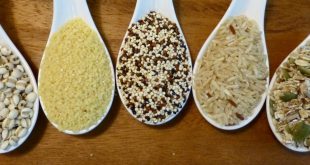Do you consider your current diet to be nourishing? How would you define “nourishing?” Is it about food that helps you feel full and satisfied? Or does it have more to do with the nutritional values on the label?

Unfortunately, it’s hard to get much agreement on these points, even between nutritional experts sometimes. But it’s clear that many of the foods we eat every day aren’t “nourishing” by any stretch of the definition.
With the latest science and some exploration into the latest developments in nourishing cuisine, you have the power to change that.
Differing Perspectives on Nourishment
Why is it so hard to pin down a concrete definition for what makes a food nourishing? Part of the problem lies with nutritional science. Nutrition and food science are complex fields; despite decades of development, there’s still a lot we don’t understand about the human body and the way it processes food. Metabolic processes are extremely complex and individuals can vary, so it’s tough to pin down an eating regimen that can provide adequate nourishment to all people across all populations.
It’s also tough to balance all the aspects of a food that could make it nourishing. You have to consider the nutritional value of the food, including its balance of macronutrients and the collection of micronutrients found within. You have to consider portion sizes and calories. You’ll need to pay attention to potential functional benefits (such as the influence of antioxidants on preventing or mitigating heart disease). And of course, you’ll need to think about taste.
These days, consumers are looking for different kinds of foods depending on where they live. In the U.S., consumers are favoring foods that that promote a healthy gut microbiome; fermented foods like kimchi tend to be rich in probiotics, which can do this. In the U.K., people are paying more attention to foods and ingredients with mental health benefits. For example, ingredients like CBD are purported to stimulate creativity while relieving anxiety. In Saudi Arabia, consumers are looking for foods with potential immune-boosting benefits, such as those rich in zinc (and fresh fruits).
Why Your Diet Isn’t Nourishing
So why isn’t your diet nourishing?
It’s not a guarantee that it’s not nourishing, but if you don’t pay close attention to the foods you’re eating and you don’t know how you’d personally define “nourishing,” chances are you’re letting a lot of under-nourishing foods into your diet while missing out on the more nourishing varieties. You don’t have to look far to find overly processed foods with minimal nutritional value and no additional health benefits – just a lot of empty calories.
How to Create a More Nourishing Diet
So what steps can you take to eat a more nourishing diet?
- Do your research. First, it’s a good idea to do some research on your own. There are a variety of new fads in the food world, purporting to grant massive health benefits. Some of these are legitimate, with new ingredients potentially improving both your mental and physical health. Some of them are exaggerated or inaccurately described. It’s up to you to be an educated consumer and do your own research about each of these new developments.
- Set your priorities. Once you have a bit more education on the nutritional and health topics that interest you, you can begin setting your priorities. How important is it for you to eat a certain number of fruits and vegetables each day? Do you want to eat more plant-based foods and avoid animal-based foods? To what extent are you willing to do this? How important is it to eat probiotic foods every day? Everyone will answer these questions differently; it’s important to find your own answers.
- Find transparent, reputable vendors. Do you really know what you’re eating and what kinds of ingredients are in it? If you’re working with a transparent, reliable restaurant or grocery store, you won’t have to worry about it. Go out of your way to find suppliers you can trust.
- Get plenty of variety. Nourishment isn’t restricted to one set of ingredients or compounds. For most people, one of the healthiest moves you can make is adding variety to your diet. Try to get a variety of different foods and ingredients in your system on a regular basis.
- Shop new places and experiment with new ingredients. Finally, shop new places and experiment with new ingredients. Pay attention to how you feel after eating and adjust your diet to favor your own wellness.
Nourishment is going to look different for different people, so don’t be afraid to follow your own path. Read the scientific literature, treat all health claims with scrutiny, and gradually tailor your diet to include more variety and more nourishing components.
 World inside pictures Collect and share the best ideas that make our life easier
World inside pictures Collect and share the best ideas that make our life easier








